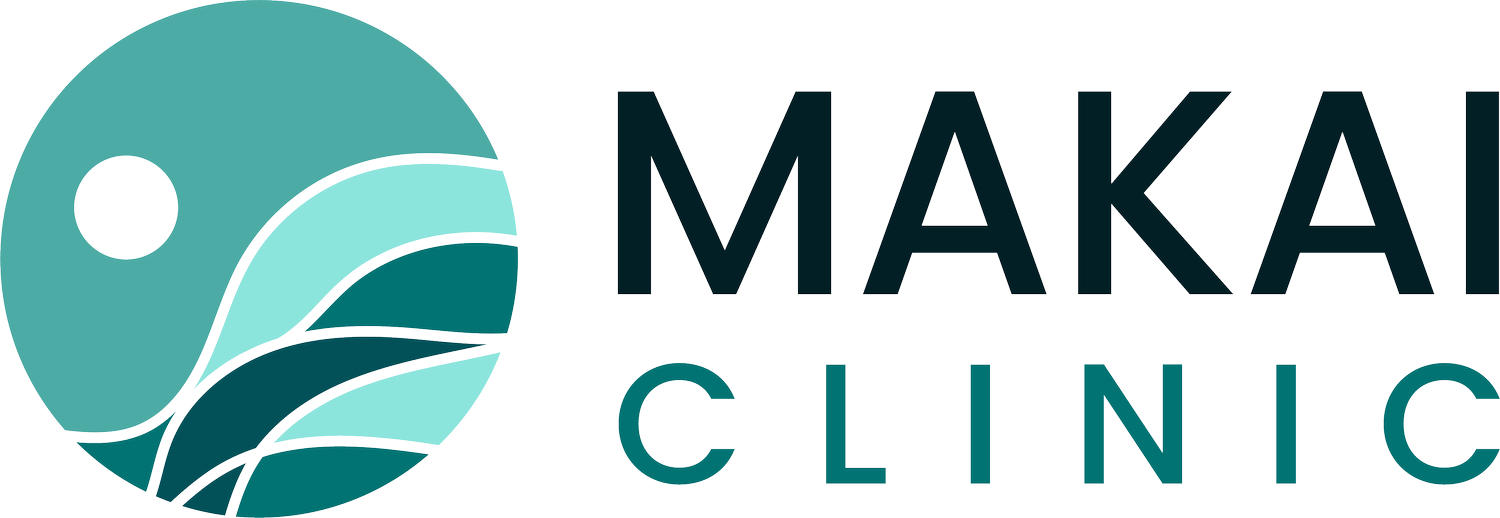Have you considered Alternative Treatments for Cancer?
Alternative or complementary therapies are different types of treatments that are not part of regular medicine. They aim to reduce symptoms, help with side effects of chemotherapy, improve survival, and enhance overall quality of life. These therapies are called complementary when used with regular medical treatment and alternative when used instead of treatments recommended by a doctor.
Alternative medicine refers to methods not typically provided by healthcare providers. Researchers are studying these treatments, and as evidence grows, healthcare professionals are combining them with regular treatments. This approach is called integrative medicine. Integrative medicine, when based on evidence, can help with many cancer-related symptoms but usually can't replace regular treatments entirely.
These treatments vary in cost and time commitment, from expensive and time-consuming procedures to simpler options like pills or natural remedies. People often seek these treatments when facing serious conditions, like metastasis, due to fear and lack of knowledge.
To address fear and lack of knowledge, one thing is needed: Information
Many cancer patients are willing to try complementary and alternative cancer treatments for relief. However, some of these treatments lack evidence, and some may be risky. Some alternative cancer treatments are generally considered safe, with growing evidence suggesting potential benefits.
How can alternative medicine help individuals with cancer?
Alternative cancer treatments may not cure cancer directly, but they can help manage signs and symptoms such as anxiety, fatigue, nausea, pain, difficulty sleeping, and stress.
What treatments are worth exploring?
If you're interested, talk to your healthcare provider about trying the following treatments:
Acupuncture: Shown to help with chemotherapy-induced nausea. Make sure it's done by a licensed professional with sterile needles.
Aromatherapy: Uses scented oils for calming effects and may help with nausea, pain, and stress.
Cognitive-behavioral therapy: May assist with sleep issues in cancer patients.
Exercise: Low-intensity exercise can alleviate fatigue and stress during and after cancer treatment.
Hypnosis: A deep state of concentration that may help with anxiety, pain, and stress.
Massage: Can relieve muscle tension, stress, and pain in cancer patients.
Meditation: Aids in relieving anxiety and stress, improving mood.
Music therapy: Involves listening to music, playing instruments, or singing to alleviate pain, nausea, and stress.
Relaxation techniques: Focus on calming the mind and relaxing muscles to help with anxiety and fatigue.
Tai Chi: Incorporates gentle movements and deep breathing to relieve stress.
Yoga: Combines stretching with deep breathing to provide relief from stress, improve sleep, and reduce fatigue.
Some treatments may work well together. Information and education about the cancer process are vital for informed decision-making with your specialist.
Despite the abundance of information online, it's crucial to rely on reputable sources like the Society of Medical Oncology or the American Cancer Society for comprehensive and verified information on cancer treatments.
